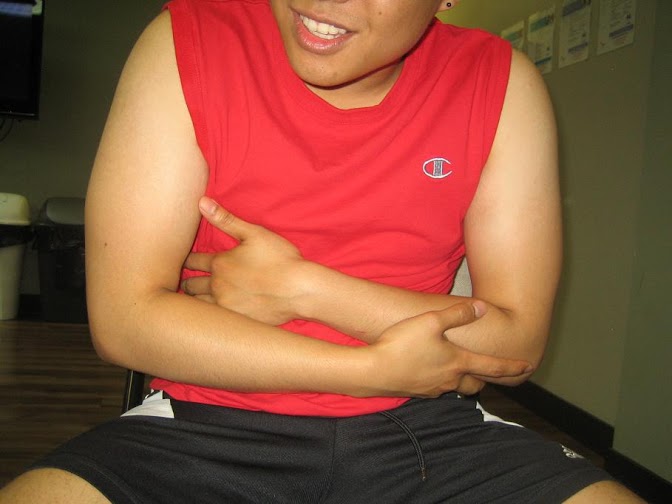Diarrhea is a condition of the body that is characterized by either an increase in the number of fecal discharge or looseness of stool. When the number of bowel movement or stool looseness is increased, it is called relative diarrhea. On the other hand, when the number of bowel movement exceeds five or is composed of liquid stools, it is called absolute diarrhea.
Diarrhea is very common. It can happen to anyone at any age and can happen more than once a year. Moreover, diarrhea can also be classified into either acute or chronic. Acute diarrhea lasts from anytime between one to two days and heals on its own, whereas chronic diarrhea is long-term diarrhea that can last up to four weeks. Whether acute or chronic, diarrhea is still a major problem that continues to plague developing nations. Despite efforts, it remains to be one of the leading causes of death in developing nations, especially in babies and young children.
Enroll in First Aid Courses to learn how to help manage common.
Types of Diarrhea
There are three types of diarrhea, of different origins: Osmotic, Secretory and Exudative.
Osmotic Diarrhea
- More water is absorbed from the body and into bowel causing its looseness
- Due to the presence of osmotically active non-absorbable solutes in the intestine
Secretory Diarrhea
- Excessive water is secreted into the body
Exudative Diarrhea
- Blood or pus discharge is present in the stool
- Usually caused by inflammatory bowel disease
Causes of Diarrhea
Diarrhea may be caused by increased secretion of fluids into the intestine, decreased absorption of fluids from the intestine or when the stool moves through the intestines too quickly.
- Food poisoning – bacterial infection
- Gastroenteritis (stomach flu or intestinal flu) – viral infection of the gastrointestinal tract
- Eating foods that upset the gastrointestinal tract
- Allergy
- Lactose intolerance
- Intestinal diseases
- Certain medications, such as antibiotic and chemotherapy drugs
- Alcohol or laxative abuse
- Diabetes
Associated Symptoms of Diarrhea
Apart from the frequent bowel movement and loose watery stools, diarrhea also has other associated symptoms, which include:

- Abdominal pain
- Nausea and vomiting
- Bloating
- Cramps
- Having the urge to go to the toilet every once in a while
- Loss of appetite
- Fever
- For severe cases, presence of blood, pus or mucus in the stool
First Aid Management for Diarrhea
Albeit acute diarrhea does not usually need extensive treatment as it usually heals on its own as the infection disappears from the body, it is necessary to stay hydrated at all times to avoid complications from developing. Dehydration and electrolyte imbalance are the most common complication from diarrhea. The following steps can be used to help manage diarrhea:
- Drink plenty of clear fluids. It is more recommended to drink small amounts but frequently rather than large amounts but rare. Opt to drink water, fruit juices and sport drinks rather than alcohol, caffeine and other diuretics. Avoid milk as it may irritate the stomach.
- Start by eating soft foods then gradually move to solid foods. Go for foods that are low in fat and high in carbohydrates. Replenish lost salt by adding minimal amount of salt to food.
- If the person is vomiting, help them to sit up or any position of greatest comfort. If the person is too weak to sit, turn the head to the left.
- Do not take medications to control the excretion of feces unless prescribed by the doctor.
Diarrhea occurs when there is an increase in frequency of fecal discharge and looseness of stool that may result to dehydration and death in severe cases.

